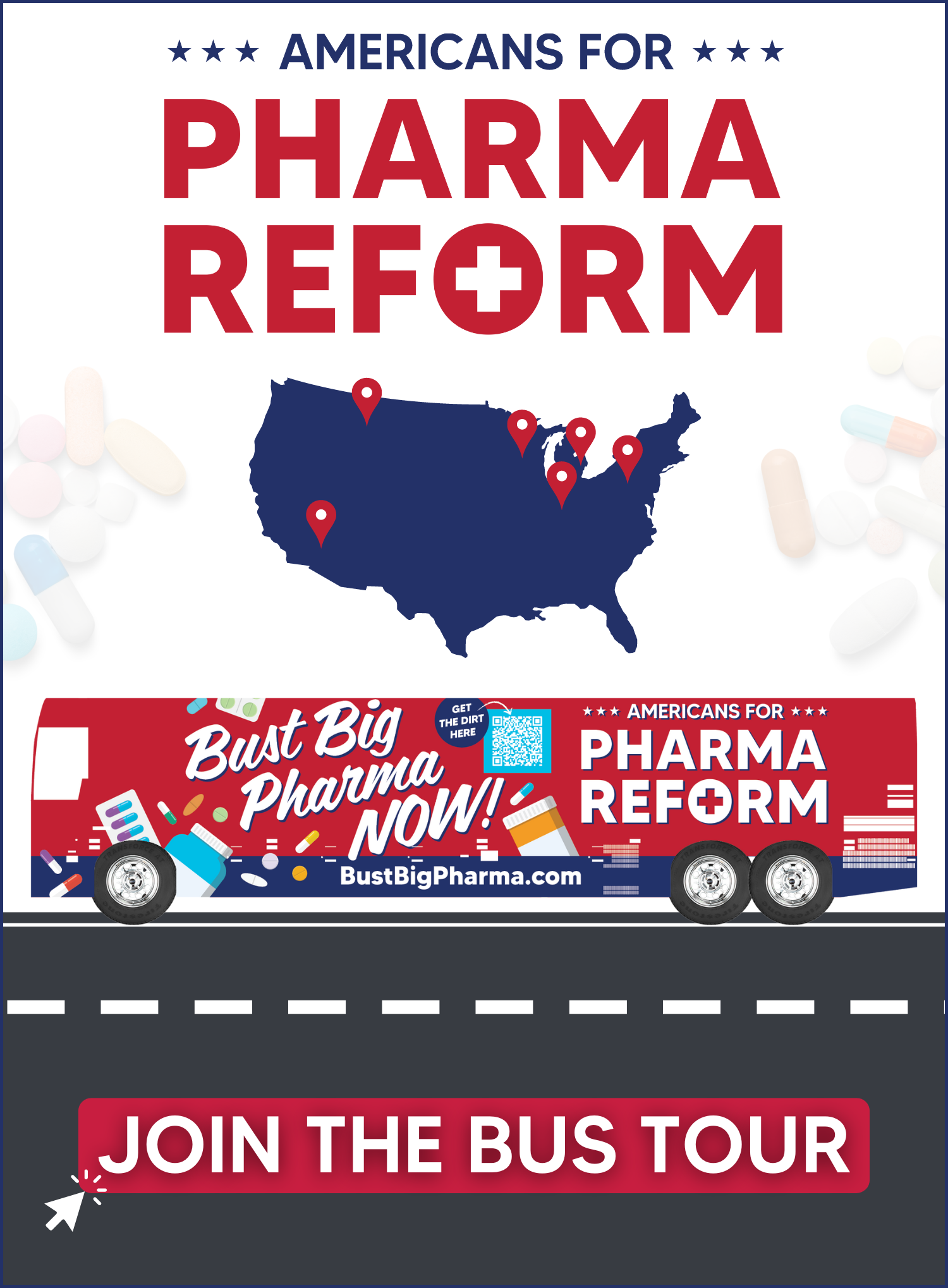A polemic on the evils of the pharmaceutical industry needs to apply more rigour to its own argument
By Will Self
t’s been a great year for Big Pharma—especially here in Britain, where the government displayed considerable alacrity when it came to advance ordering Covid-19 vaccines; foresight that was notably lacking when it came to instituting the measures necessary to confine the pandemic. And of the drug companies caught up in the race to save Boris Johnson’s political career, none has had a better global press than the US giant, Pfizer. It teamed up with the German company BioNTech to develop its vaccine, two 0.3ml doses of which have been injected into my upper arm, the first in late January and the second in late April, thereby—in theory at least—delivering me from the enforced reclusion known as “shielding,” which Britons with serious underlying health conditions have had to endure.
But James Davies, the author of Sedated, doesn’t want such scientific success to distract me from what he argues are Pfizer’s more questionable activities. Indeed, he wishes to finger the drug company as one of the principal actors in the UK’s so-called “mental health crisis”: a crisis that the pandemic is—according to the psy-professions, at least—set to deepen, along with the demand for all manner of nostrums and panaceas.
For Davies, Pfizer helped Britain to become the heartsick man of Europe, and they did it by sponsoring the development of two questionnaires: PHQ-9 and GAD-7. There’s a reasonable chance that you will have encountered one or both of these in your GP’s surgery. The questionnaires, which take five minutes to complete, consist of multiple-choice questions about our mental states familiar to those undertaking psychometric tests in corporate settings. PHQ-9 aims to tell doctors if we’re depressed; GAD-7 if we’re suffering from anxiety. Davies impresses on us how “low the bar” they set for patients to be diagnosed with “moderate depression,” which, according to NHS guidelines, is sufficient grounds to be prescribed antidepressants. You only have to tick the boxes saying you experience poor appetite, troubled sleep and poor concentration every day for the past fortnight and—bingo!—you could win a prescription for Zoloft (sertraline), one of the most widely prescribed psychiatric drugs in the world, manufactured by—you guessed it—Pfizer.




